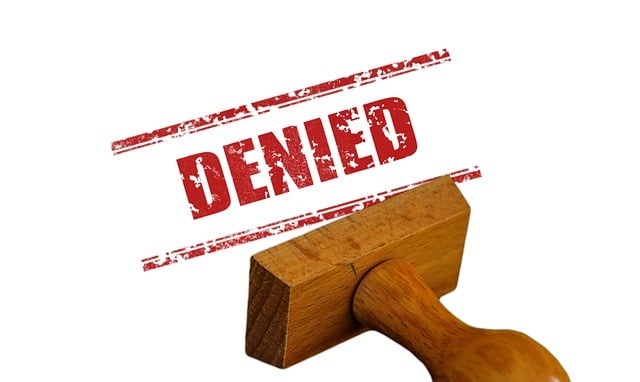When you have intellectual property that needs to be protected, receiving a refusal instead of a trademark can be a massive headache. A trademark refusal is not necessarily the end of the line though. There are ways to respond and get your application back on track. An experienced Orange County, California trademark lawyer from our firm can help you with that.
What Can I Do After a Trademark Refusal?
A trademark refusal is usually issued when it seems like the trademark that you applied for could be confused with another existing trademark. This is essentially a legal issue. You have to review the refusal carefully and identify exactly which issues the examiner took with your application and exactly which kinds of trademarks they thought your trademark was too similar to.
How Can I Argue Against the Trademark Refusal?
There are a few things that you can do once you have figured out the logic behind your trademark refusal and have decided to respond. You should:
Address each part of the refusal: The examiner likely raised multiple concerns and you should make sure that you have an argument against each one of them.
Back up your arguments with evidence: It’s nice to have some counter-arguments that sound convincing, but it’s even better to have evidence backing them up. Evidence like market research data and consumer surveys, along with evidence about how your trademark is actually used, can help you back up your assertions.
Change your trademark: It may also be necessary to amend your trademark or narrow its scope. This can help you avoid it encroaching on other, similar trademarks.
What Else Should I Keep In Mind?
As you formulate your response, keep in mind that you don’t have unlimited time here. There should be a clear deadline for responding to the USPTO. Wait too long to fight back against a refusal and it won’t matter how well-argued your points are. Your window for taking action has closed.
We also recommend making your arguments as specific and clear as possible. You want to show exactly why your trademark is unique and make it obvious that your intellectual property deserves protection.
Do I Need an Attorney?
If you’re serious about getting trademark protection, you really should consider hiring a trademark attorney. A lawyer can help you closely examine a refusal and your original application. They can help you come up with a strategy for countering this rejection effectively. Go it alone and you could just end up wasting a lot of time and energy on an effort that goes nowhere.
Schedule Your Consultation
So if you are ready to fight back against a trademark refusal, contact our legal team. At Burns Patent Law, we do everything that we can to help our clients protect their most valuable intellectual property. We’re ready to get to work for you.

